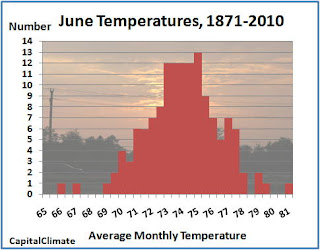Drought is driving corn prices to record levels as we continue to burn 40% of our corn in our engines.
Researchers at Texas A&M University have estimated that diverting corn to make ethanol forces Americans to pay $40 billion a year in higher food prices. On top of that, it costs taxpayers $1.78 in subsidies for each gallon of gasoline that corn-based ethanol replaces, according to the Congressional Budget Office.
The damage is far-reaching. Beef and pork producers are slaughtering their stocks at a record pace to cut use of corn feed that costs two-thirds more than three months ago. U.S. cattle herds next year are forecast to be the smallest since 1952, a guarantee of more expensive food in years to come.
On top of that, by some calculations, ethanol takes more energy to produce than it yields, negating the environmental benefits. Now the EIA says that ethanol is taking more money to produce than it yields.
More than 150 House members and 25 U.S. senators, as well as the director general of the United Nations Food and Agricultural Organization, have asked Obama to temporarily suspend the ethanol mandate in order to check the rise in food prices. He should listen to them, and Congress should permanently roll back the ethanol requirements.



